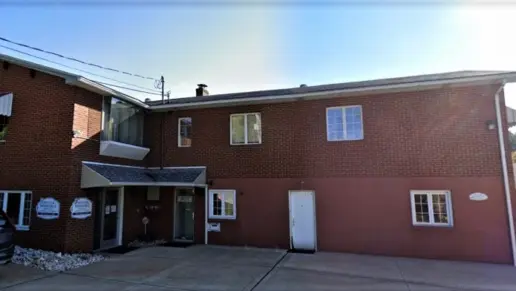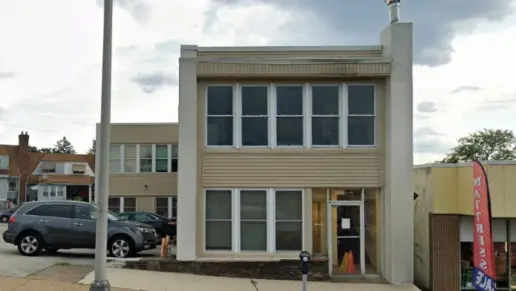About UPMC
UPMC is a psychiatric hospital in Pittsburgh, Pennsylvania, specializing in mental health treatment and addiction disorders. They offer a wide range of diagnostic and treatment options for anyone who needs it. They accept Medicare, most insurance plans and out of pocket payments, and they have a financial assistance plan.
UPMC is a psychiatric hospital in Pittsburgh, Pennsylvania, specializing in mental health treatment and addiction disorders. They offer a wide range of diagnostic and treatment options for anyone who needs it. They accept Medicare, most insurance plans and out of pocket payments, and they have a financial assistance plan.
Their inpatient and specialty services cover mental health assessments, diagnosis and treatment. Assessments typically take place in the Psychiatric Emergency Services area by a trained specialist, and the diagnosis will determine a recommended plan or care options.
Your treatment plan is a team effort between you, the staff and anyone you decide to be part of your recovery. It could include individual or group therapy, social work, and case management services, plus education and or medication. The inpatient program can last one night to several, based on what you need.
UPMC has a comprehensive Behavioral Health Hospital Treatment Team with a number of different specialists and experts to provide custom treatment and a recovery plan for anyone dealing with mental illness.
Latest Reviews
Rehab Score
Other Forms of Payment
Medicaid is a state based program that helps lower-income individuals and families pay for healthcare. Medicaid covers addiction treatment so those enrolled can use their coverage to pay for rehab. When a program accepts Medicaid the client often pays very little or nothing out of their own pocket.
Private insurance refers to any kind of healthcare coverage that isn't from the state or federal government. This includes individual and family plans offered by an employer or purchased from the Insurance Marketplace. Every plan will have different requirements and out of pocket costs so be sure to get the full details before you start treatment.
Self-pay involves paying for treatment out of your own pocket. You can use savings or credit, get a personal loan, or receive help from family and friends to fund your treatment. If you don't have insurance or your insurance plan doesn't cover a specific program, self-pay can help ensure you still get the care you need.
Financial aid can take many forms. Centers may have grants or scholarships available to clients who meet eligibility requirements. Programs that receive SAMHSA grants may have financial aid available for those who need treatment as well. Grants and scholarships can help you pai for treatment without having to repay.
Medicare is a federal program that provides health insurance for those 65 and older. It also serves people under 65 with chronic and disabling health challenges. To use Medicare for addiction treatment you need to find a program that accepts Medicare and is in network with your plan. Out of pocket costs and preauthorization requirements vary, so always check with your provider.
Military members, veterans, and eligible dependents have access to specific insurance programs that help them get the care they need. TRICARE and VA insurance can help you access low cost or no cost addiction and mental health treatment. Programs that accept military insurance often have targeted treatment focused on the unique challenges military members, veterans, and their families face.
Addiction Treatments
Levels of Care
Treatments
Mental health rehabs focus on helping individuals recover from mental illnesses like bipolar disorder, clinical depression, anxiety disorders, schizophrenia, and more. Mental health professionals at these facilities are trained to understand and treat mental health issues, both in individual and group settings.
Programs

Clinical Services
Group therapy is any therapeutic work that happens in a group (not one-on-one). There are a number of different group therapy modalities, including support groups, experiential therapy, psycho-education, and more. Group therapy involves treatment as well as processing interaction between group members.
In individual therapy, a patient meets one-on-one with a trained psychologist or counselor. Therapy is a pivotal part of effective substance abuse treatment, as it often covers root causes of addiction, including challenges faced by the patient in their social, family, and work/school life.
Contact Information
100 N Bellefield Ave
Pittsburgh, PA 15213


